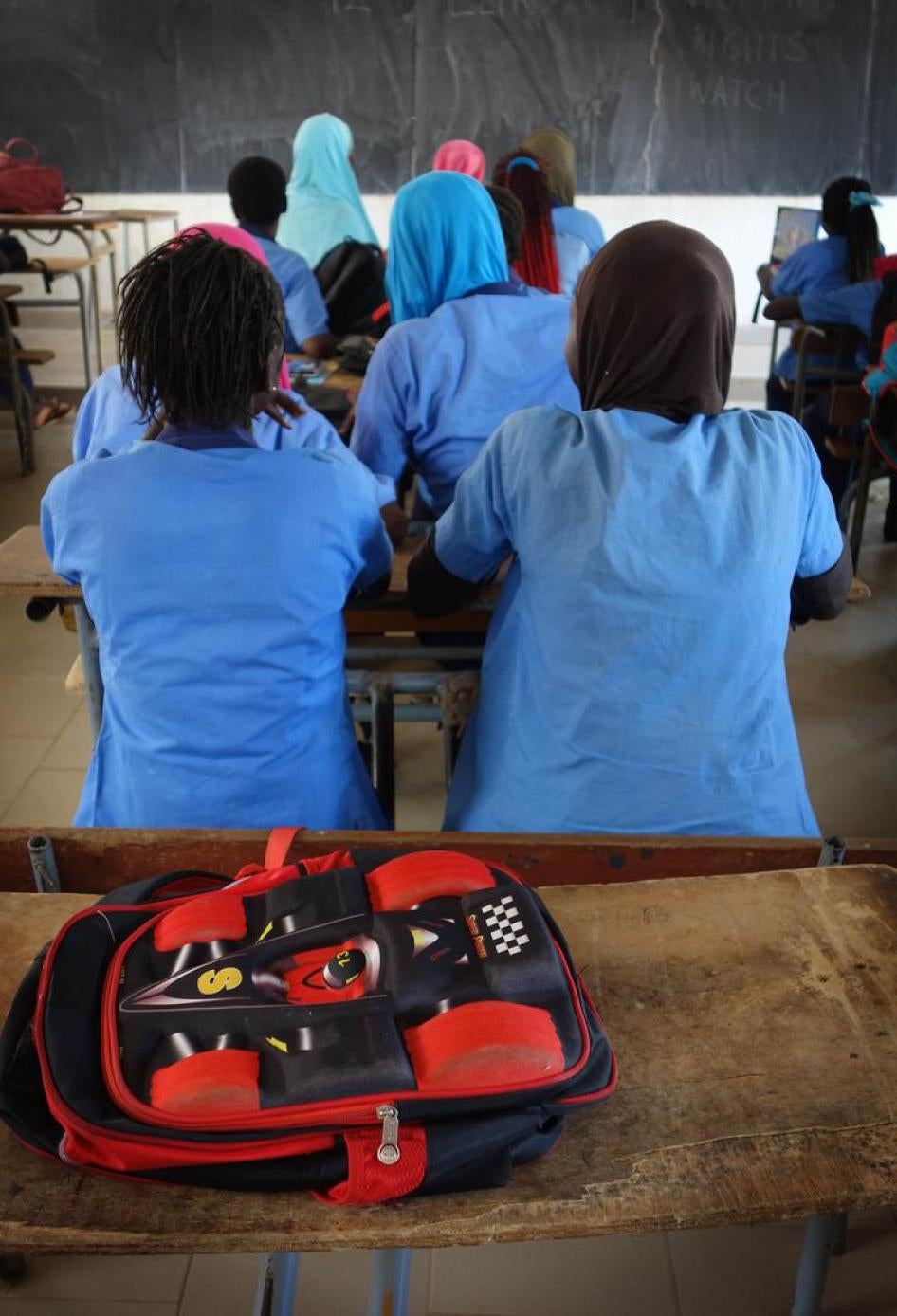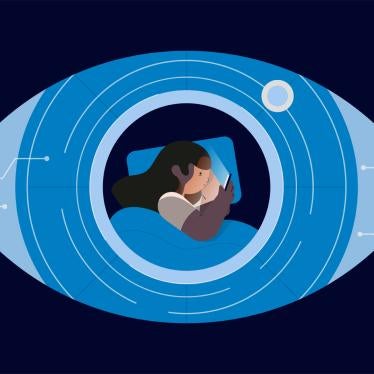The United Nations has issued a critical call for information to help shape the global understanding of children’s right to education. It’s a once-in-a-generation opportunity for education experts to influence the drafting of an international treaty that aims to ensure all children, everywhere, receive the quality education they are entitled to, from early childhood through the end of secondary education.
The UN Convention on the Rights of the Child—the most widely ratified human rights treaty, which was adopted in 1989—affirms children’s right to education, and guarantees all children free primary education. However, it makes no mention of early childhood education or pre-primary education, and does not require all governments to make secondary education free for all.
To address these gaps, more than 50 countries—led by Sierra Leone, the Dominican Republic, and Luxembourg—are supporting a process to draft a new “optional protocol” to update the Convention on the Rights of the Child. The aims of this proposed short and focused treaty are: first, to explicitly recognize that the right to education includes a right to early childhood care and education; second, that governments shall make public pre-primary education available free to all, beginning with at least one year; and third, that governments shall make public secondary education available free to all.
In September, countries will convene to consider and begin drafting the treaty. In a groundbreaking—if overdue—development, children will be consulted and involved in shaping new international law that directly affects their lives.
Act now to inform imminent treaty drafting
To help inform the discussions, the United Nations is requesting input from academics and civil society organizations.
Key areas where expert insights are particularly valuable include:
- The financial barriers that prevent children from accessing quality pre-primary education and secondary education, and how guaranteeing free education could help overcome those obstacles.
- The human rights benefits of providing quality pre-primary and secondary education, as well as the negative consequences when children lack access.
- The role of public education in ensuring equal access to quality learning opportunities at these levels.
- The specific impact on marginalized children when free public education is unavailable.
- Examples of innovative and sustainable financial mechanisms to support free public pre-primary and secondary education.
If you have expertise to bear on any of these questions, the UN needs your insights now. Submissions are due by May 18, with a maximum length of 5 pages. Contributors do not need to address all questions and may focus on country-specific or global perspectives. The priority is to provide evidence and analysis demonstrating the importance of early childhood education, free public pre-primary education, and free public secondary education in enabling children to thrive.
While international law is rarely a panacea for all educational challenges, this initiative is an important opportunity.
This UN-led consultation will help focus government attention on the benefits of early childhood education and secondary education, and the barriers caused by cost and lack of public education. It’s also an opportunity to highlight and disseminate examples of good practice around the world to expand access to quality education at these levels, and thus inspire other countries to do likewise.
New binding international law can be a tool that civil society actors and individuals can use when advocating for universal education, whether directly with lawmakers or through domestic or regional court systems. New international norms also provide clarity and authoritative direction for lawmakers and policymakers as they navigate the development of their education laws, policies, and practice. And it can reassure children and parents demanding an education that their cause is just.
By contributing your expertise, you can help shape a process that will benefit generations of children worldwide. With only until May 18 to respond, this is a crucial moment to make a lasting impact on the future of the right to education.








